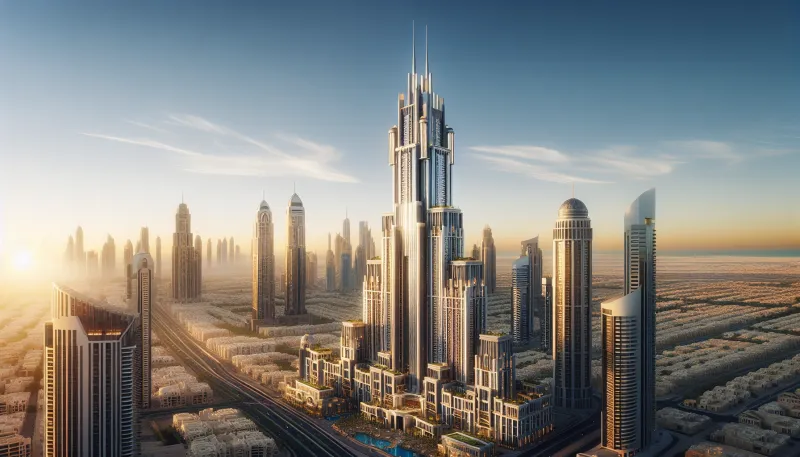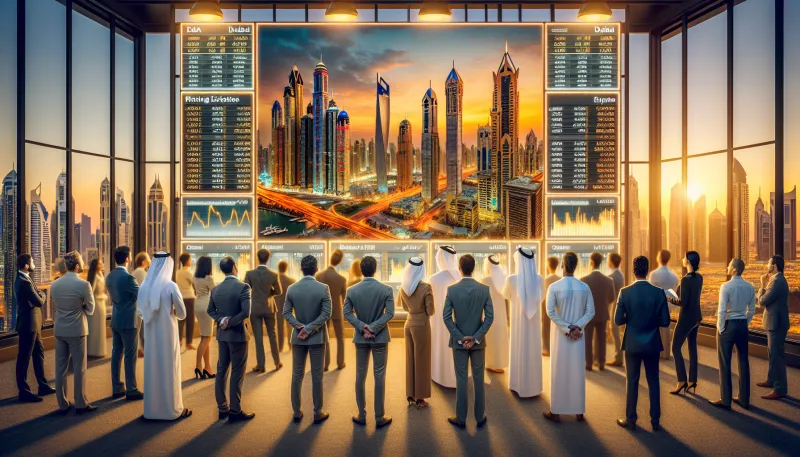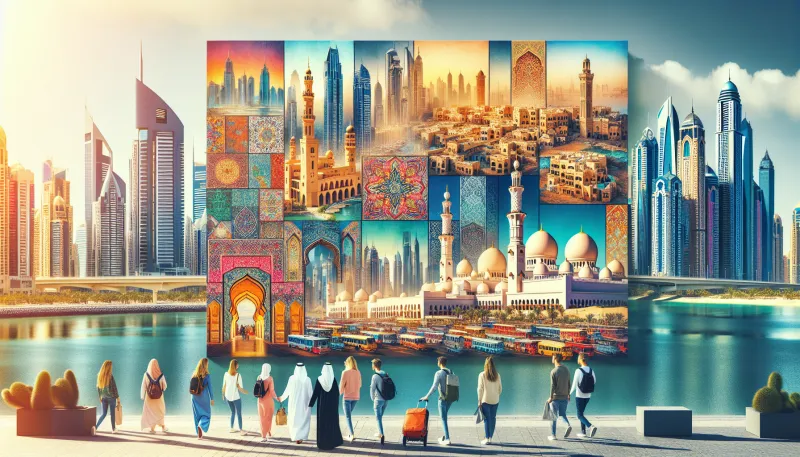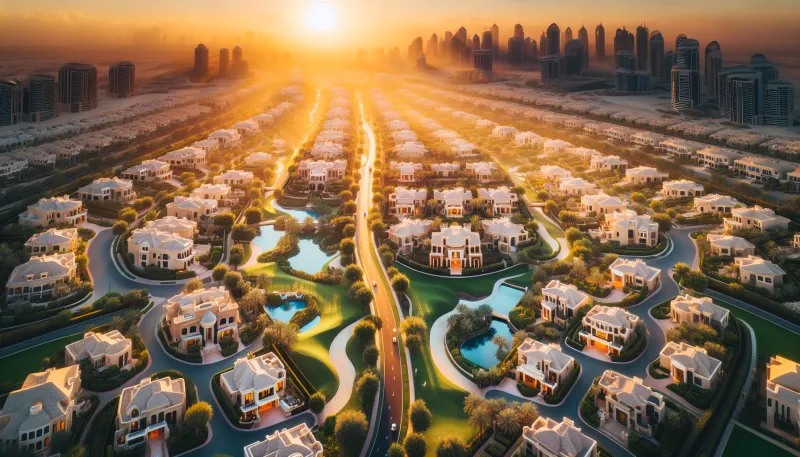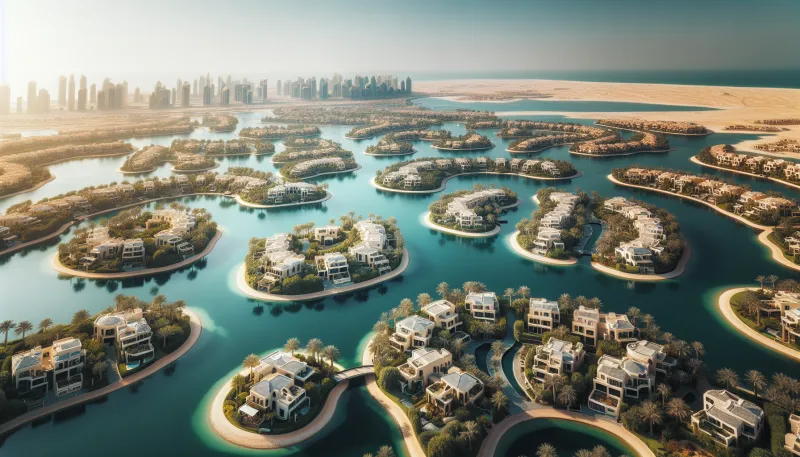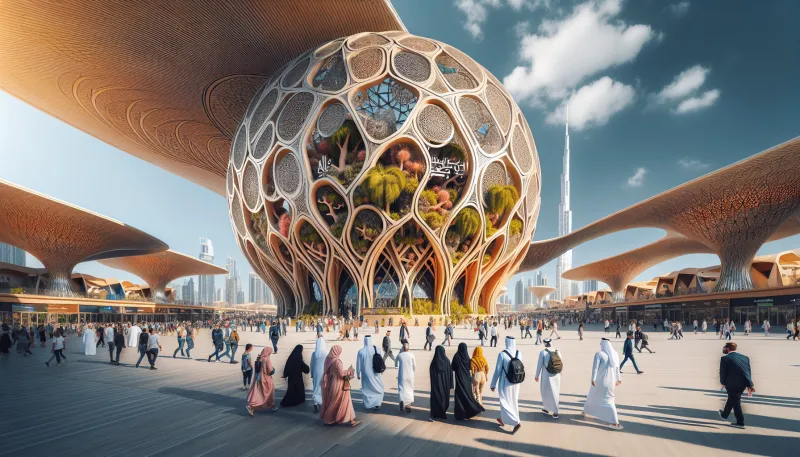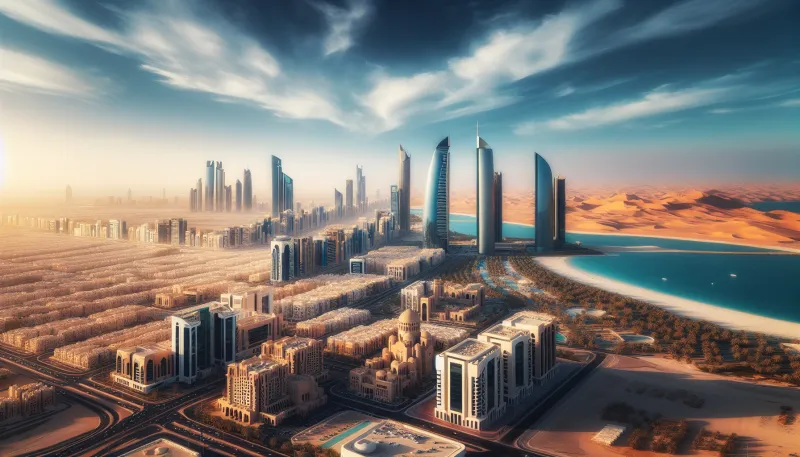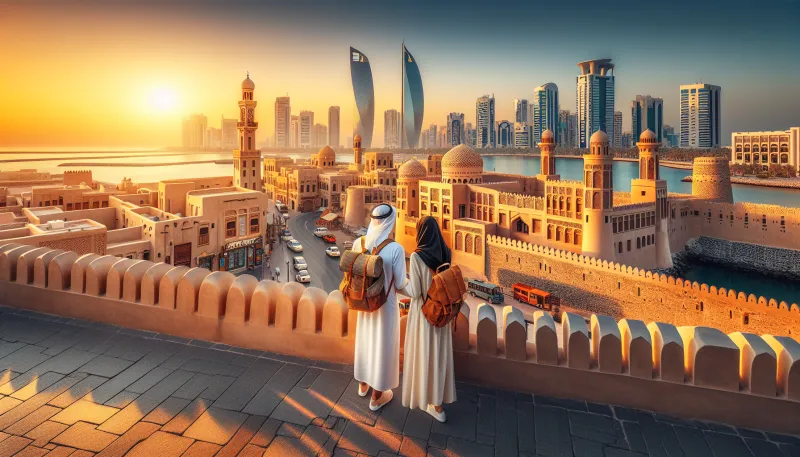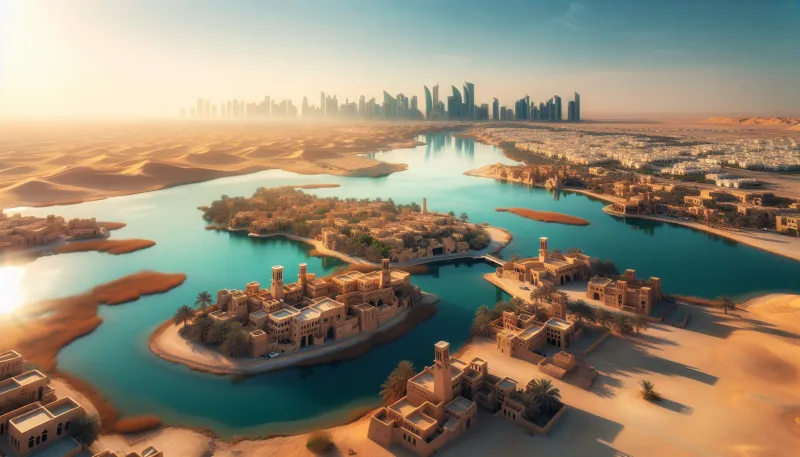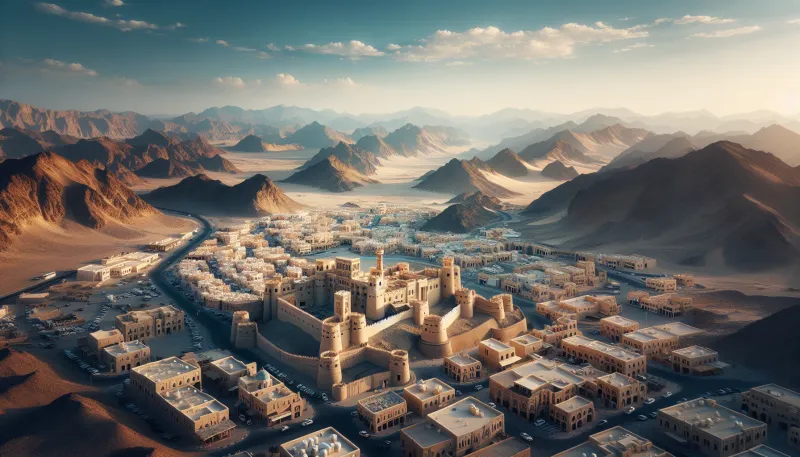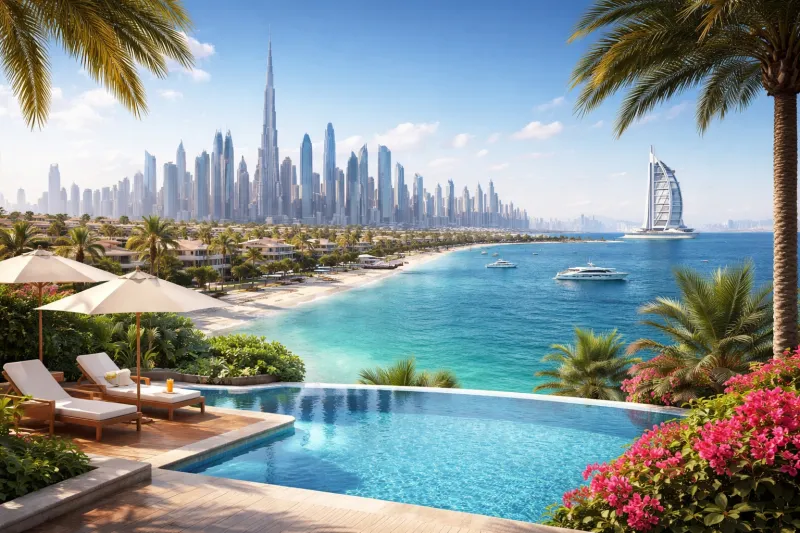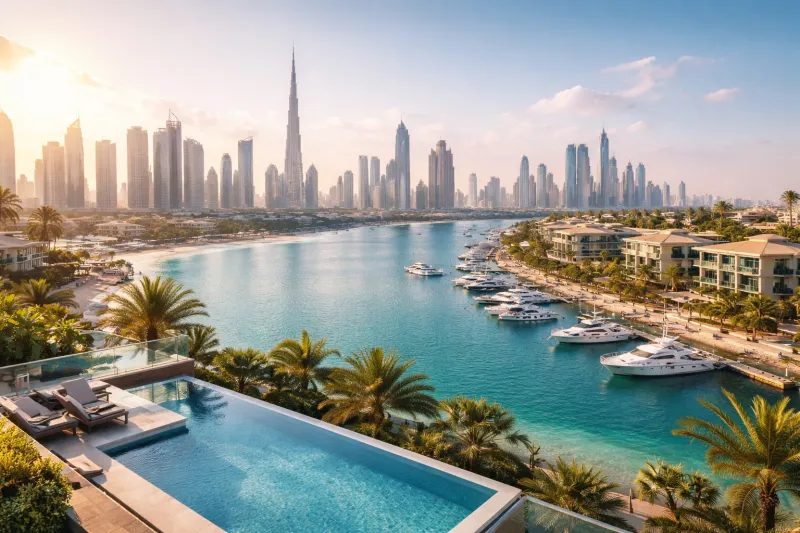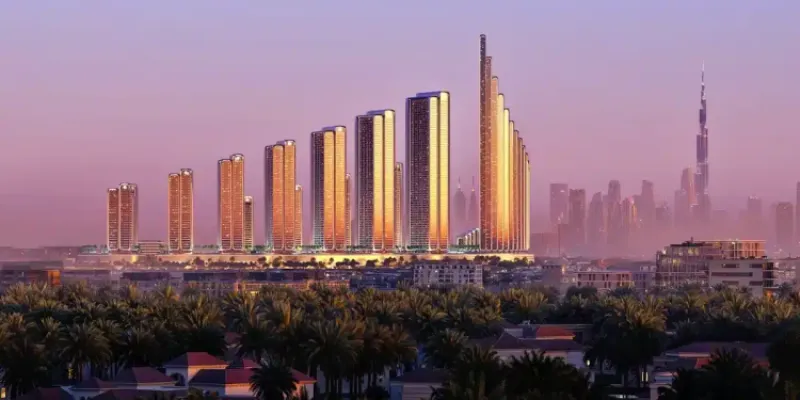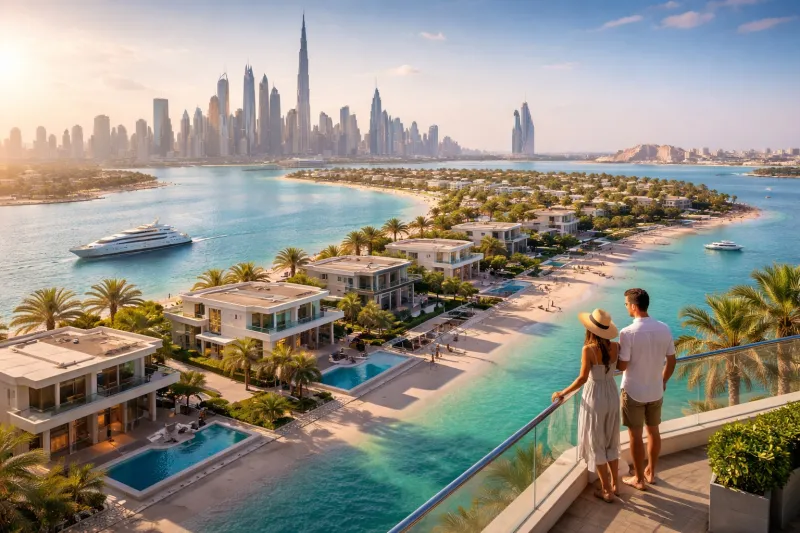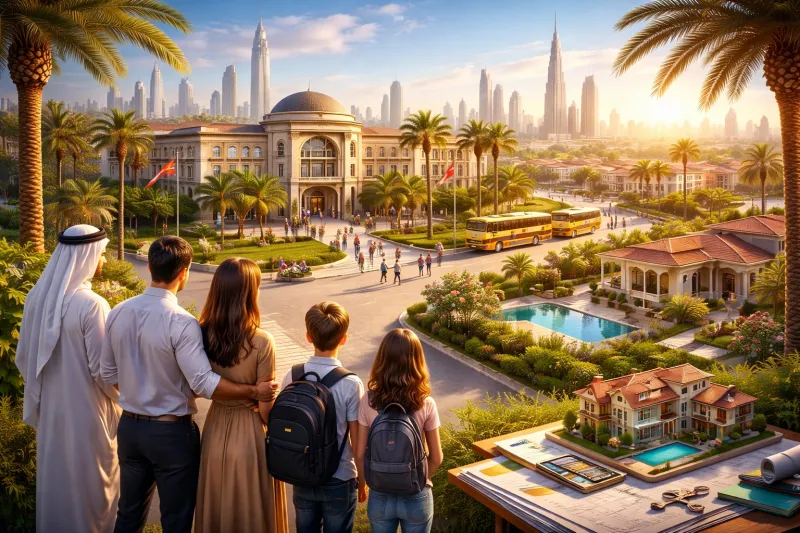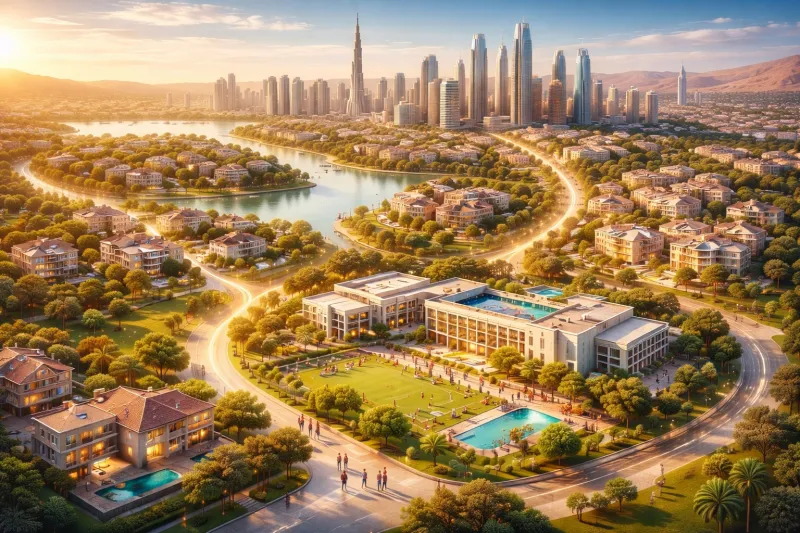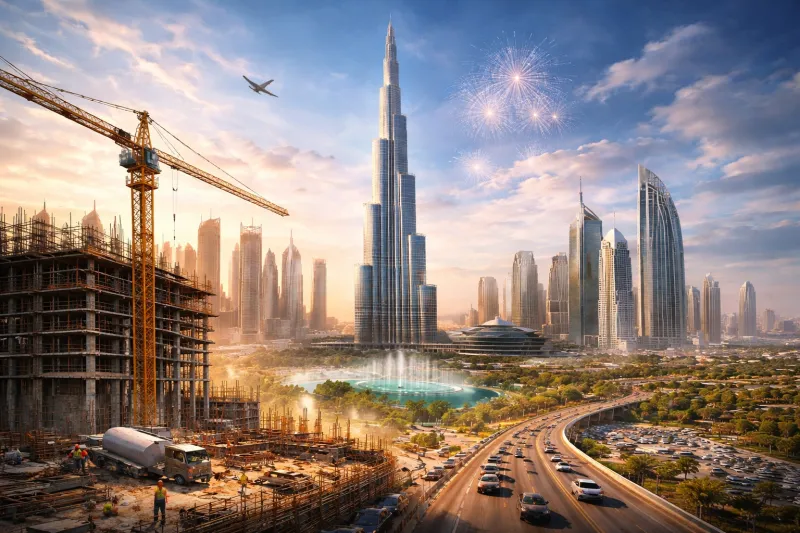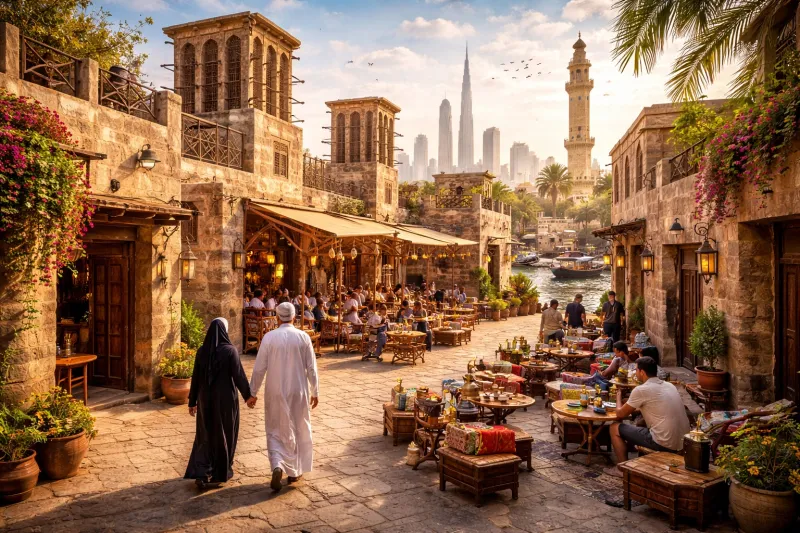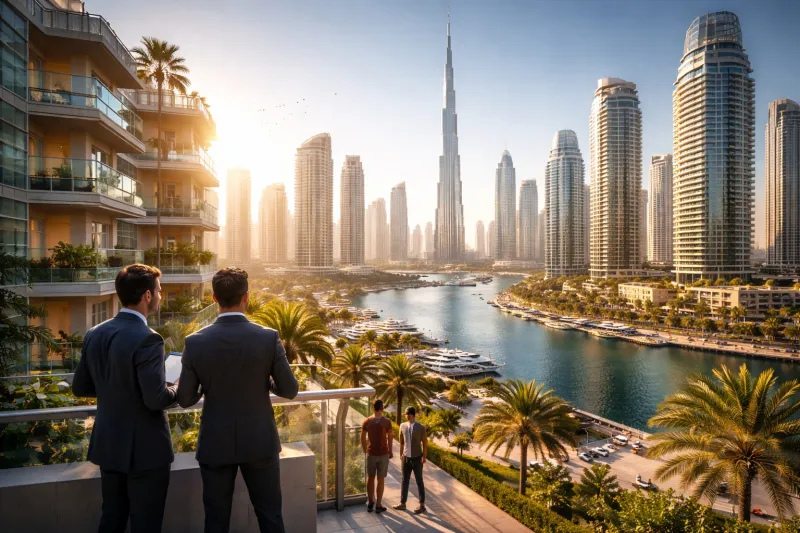
The rich history of Abu Dhabi: from desert origins to modern metropolis
- Early settlement and natural environment
- The arrival of the Bani Yas tribe
- Pearling economy and trade
- British influence and treaties
- Discovery of oil and economic transformation
- Formation of the United Arab Emirates
- Cultural renaissance and heritage preservation
- Infrastructure development and urban expansion
- Abu Dhabi in the 21st century: a global city
Early settlement and natural environment
Abu Dhabi’s history begins with its natural environment, characterized by vast deserts and rich coastal waters. Archaeological evidence suggests human activity in the region dating back thousands of years, with early inhabitants relying on fishing, hunting, and pearling. The discovery of fresh water near a small island attracted settlers, and eventually a community grew around this vital resource, setting the stage for the city’s development.
The arrival of the Bani Yas tribe
In the 18th century, the Bani Yas tribe played a crucial role in shaping Abu Dhabi. This powerful tribal confederation settled in the area and established a base that would become the foundation of Abu Dhabi’s ruling family. Their leadership and social organization helped transform the area into a stable and prosperous settlement, marking the beginning of Abu Dhabi as a prominent regional center.
Pearling economy and trade
Before the discovery of oil, Abu Dhabi’s economy was heavily dependent on pearling, fishing, and maritime trade. The pearling industry attracted merchants and traders from across the Gulf and beyond, contributing to the city’s prosperity in the 19th century. The seasonal pearling expeditions shaped social life and economic activity until the industry declined in the early 20th century due to economic shifts and the advent of cultured pearls.
British influence and treaties
Abu Dhabi came under British influence during the 19th and early 20th centuries, as the British sought to secure vital maritime routes. In 1892, Abu Dhabi’s rulers signed protection treaties with Britain, which brought political stability and security. While the city remained autonomous in many respects, British involvement introduced new political dynamics that influenced Abu Dhabi's future development and relationships with neighboring emirates.
Discovery of oil and economic transformation
The 1958 discovery of oil marked a turning point for Abu Dhabi. Oil revenue transformed the emirate’s economy, providing the financial resources to invest in infrastructure, education, and healthcare. The newfound wealth led to rapid urbanization, modernization, and improvements in the standard of living, shifting Abu Dhabi from a modest coastal town into a burgeoning capital city with a global profile.
Formation of the United Arab Emirates
Abu Dhabi played a pivotal role in the founding of the United Arab Emirates in 1971. As the largest and wealthiest of the seven emirates, Abu Dhabi’s leadership, particularly Sheikh Zayed bin Sultan Al Nahyan, was essential in uniting the emirates into a federal state. This political unity laid the groundwork for regional stability and cooperation, further enhancing Abu Dhabi’s influence and development.
Cultural renaissance and heritage preservation
In recent decades, Abu Dhabi has focused on preserving its rich cultural heritage while embracing modernization. Initiatives include the restoration of historic sites such as the Al Hosn Fort and the creation of cultural landmarks like the Louvre Abu Dhabi. These efforts highlight the emirate’s desire to celebrate its past and promote arts and education amid rapid urban growth.
Infrastructure development and urban expansion
Abu Dhabi’s rapid growth led to massive infrastructure investments, including modern highways, airports, hospitals, and residential projects. The development of strategic districts such as Al Maryah Island and Saadiyat Island showcases Abu Dhabi's vision of a modern metropolis combining business, culture, and leisure. Urban planning efforts continue to balance expansion with sustainability and quality of life.
Abu Dhabi in the 21st century: a global city
Today, Abu Dhabi stands as a vibrant global city and a center of political, economic, and cultural influence in the Middle East. With ongoing diversification efforts to reduce oil dependence, the emirate invests heavily in sectors like tourism, renewable energy, and education. Abu Dhabi’s history of adaptability and strategic leadership continues to shape its trajectory into the future.
Real Estate Market Researcher in the UAE and Middle East









